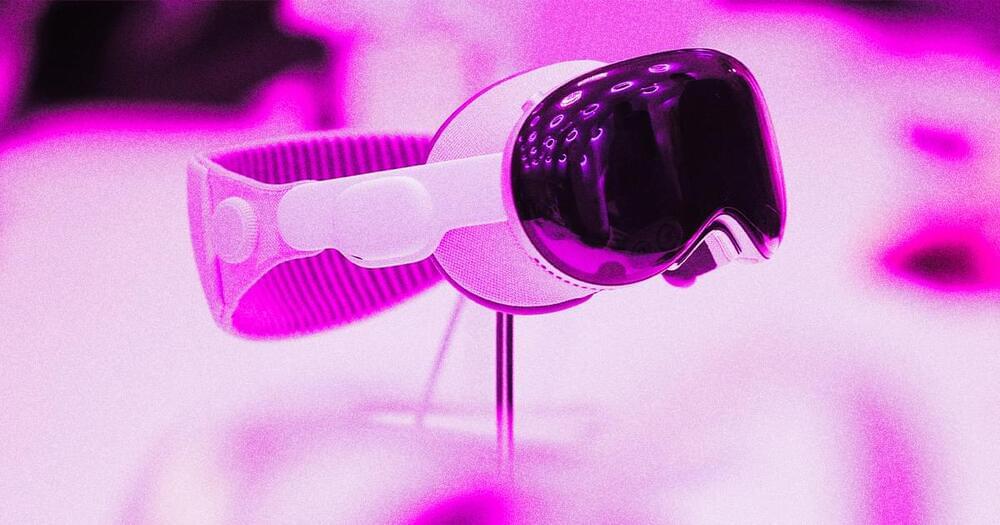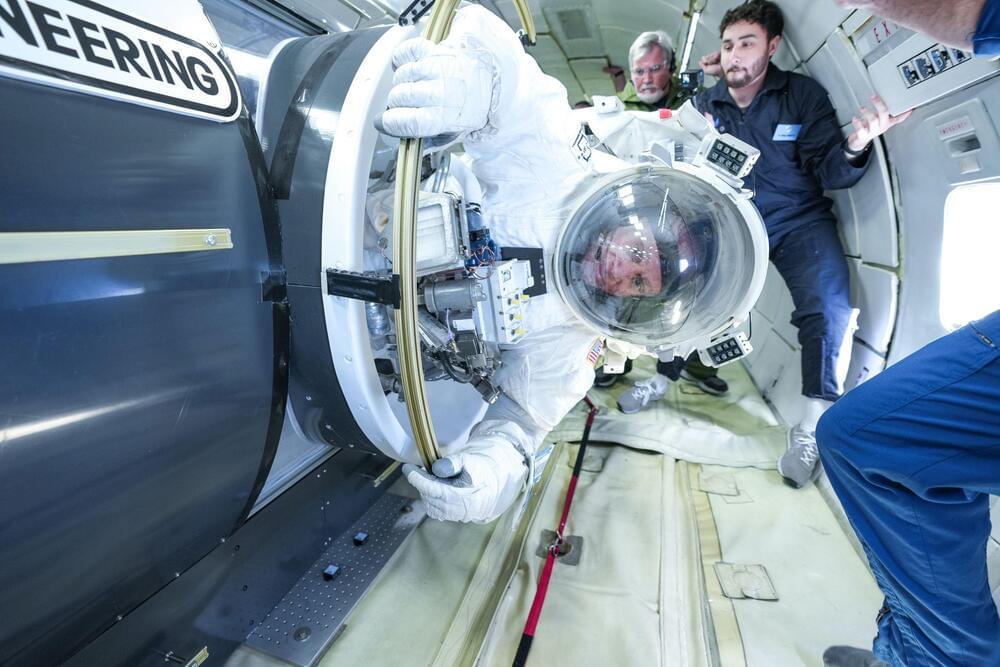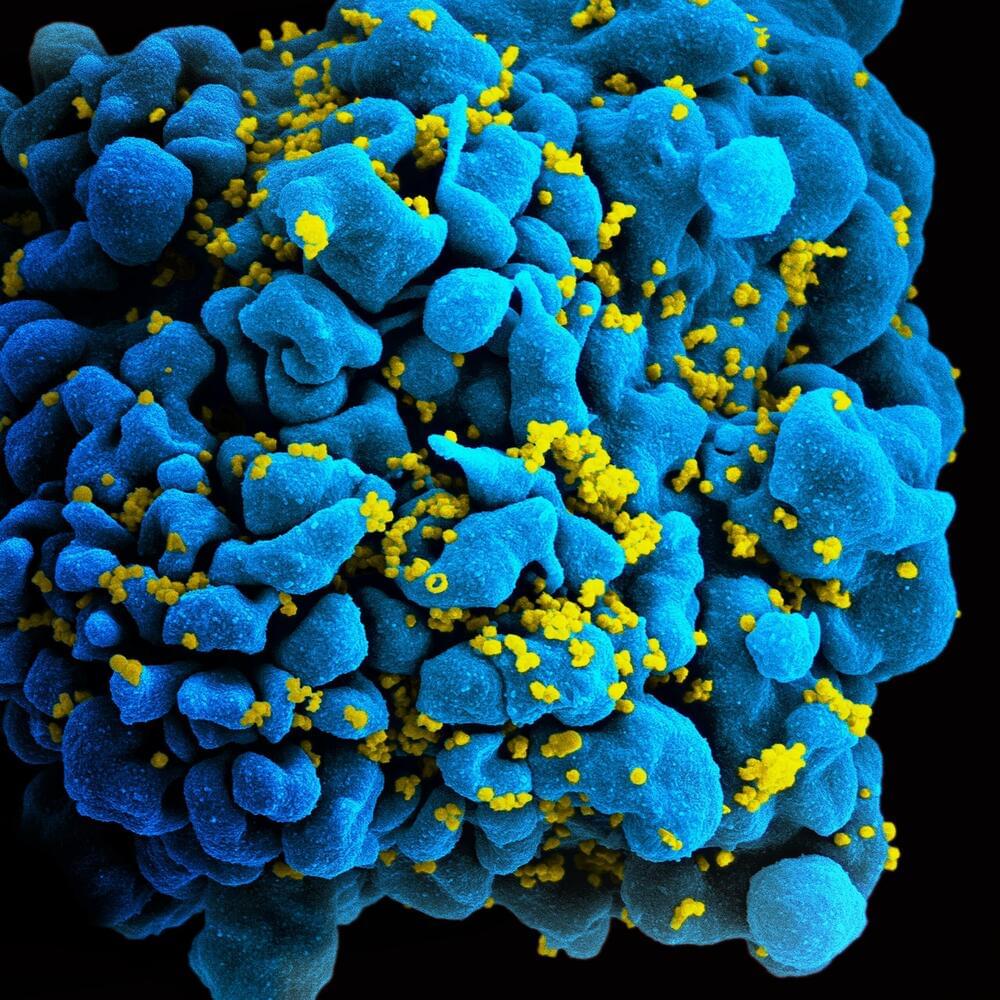Shocking news: some folks who cashed out the eye-watering $3,500 — before tax! — to purchase Apple’s newly released Vision Pro are already showing some buyer’s remorse.
As Business Insider reports, a tide of users who quickly snatched up Apple’s expensive new face computer are returning the pricey headsets. Specific reasons for returning the devices vary, but across the board, it seems that many users just don’t think the uncomfortable devices are worth the hefty price tag — yet, at least.
As Insider notes, one of the most-cited cons to the Apple Pro is the headset’s weight. The thing is heavy, and though Apple’s attempted to offset the weight issue with what has to be the thickest head strap we’ve ever seen, the heft is a serious problem for users.










 עברית (Hebrew)
עברית (Hebrew)